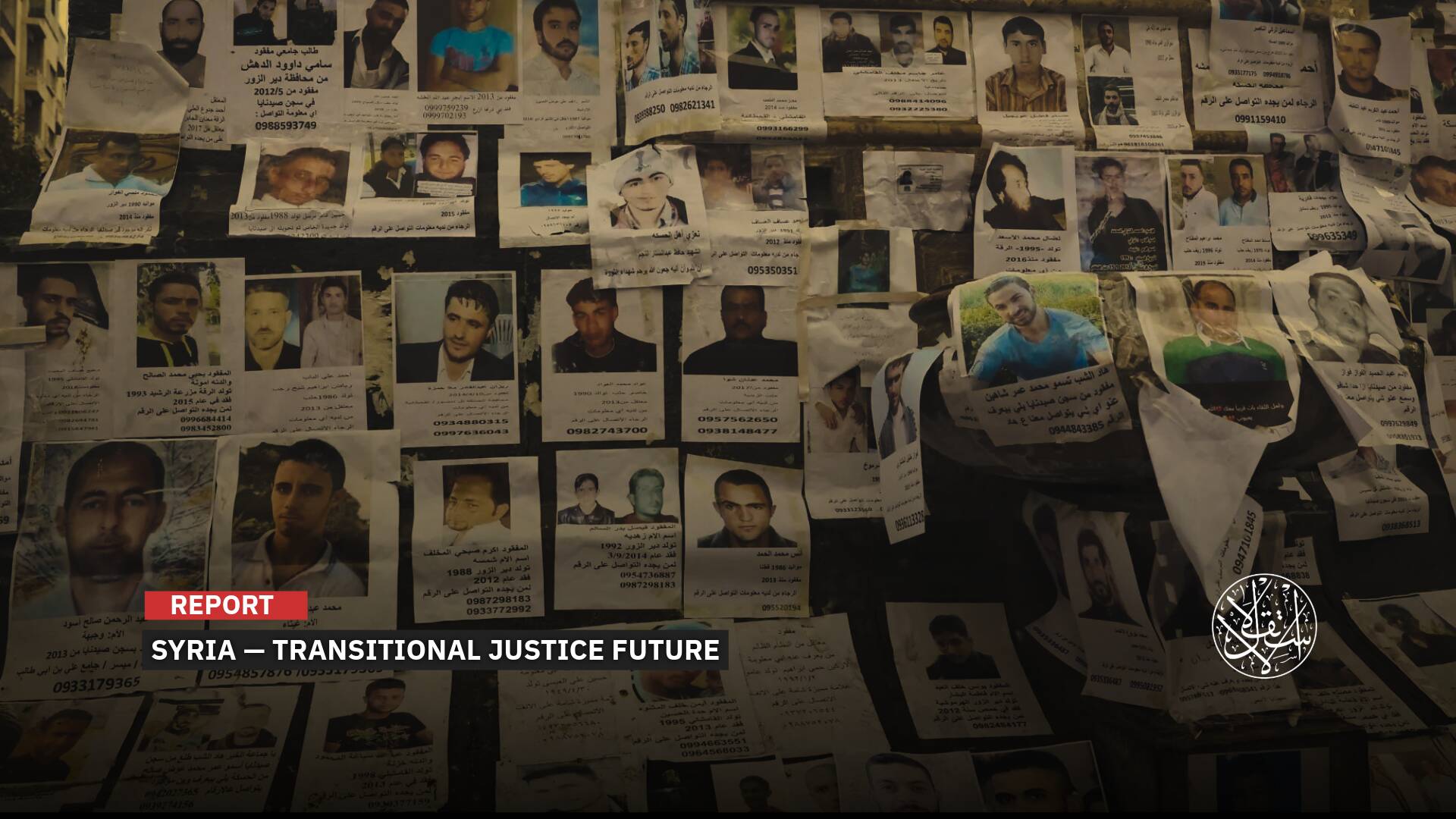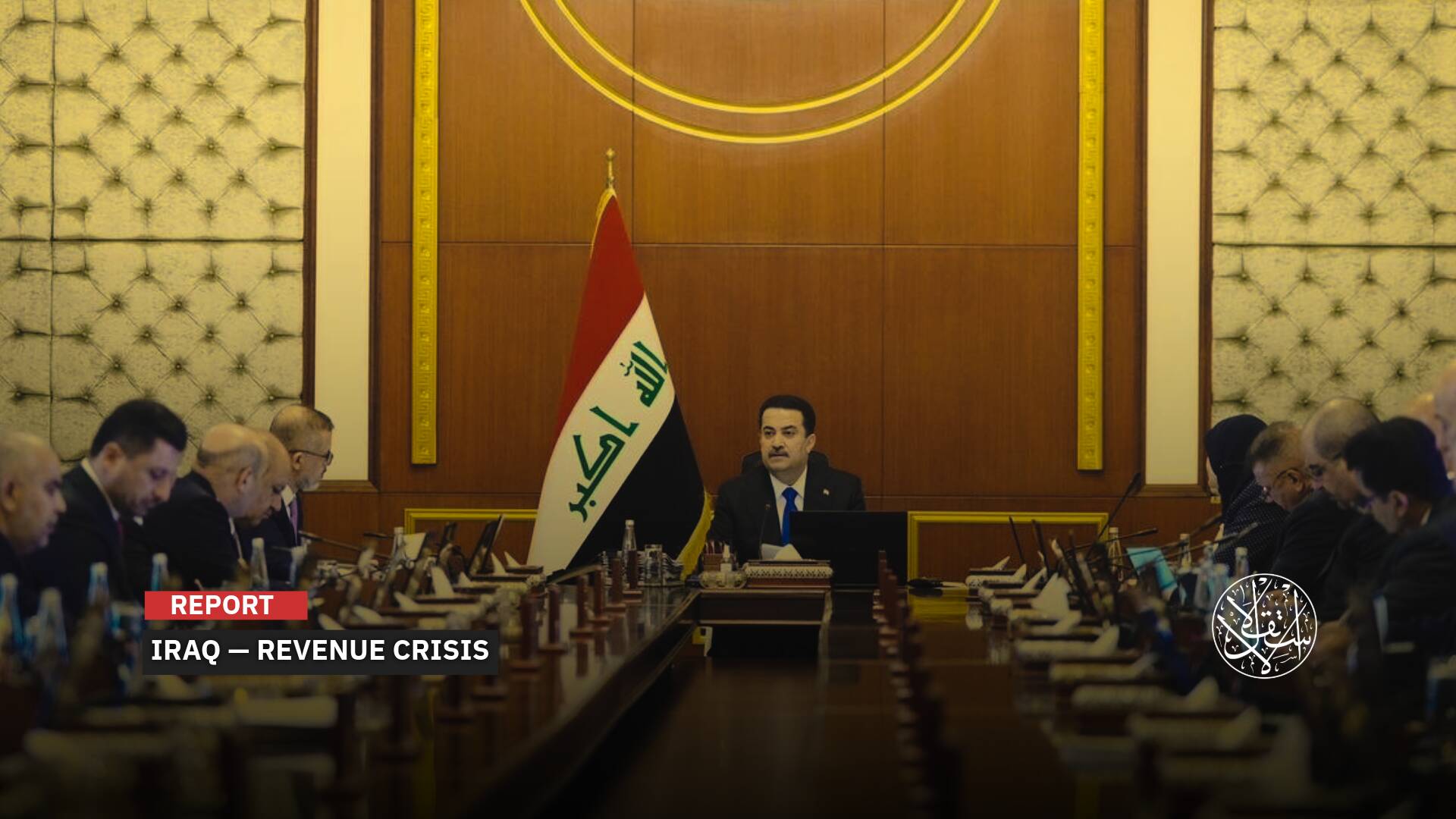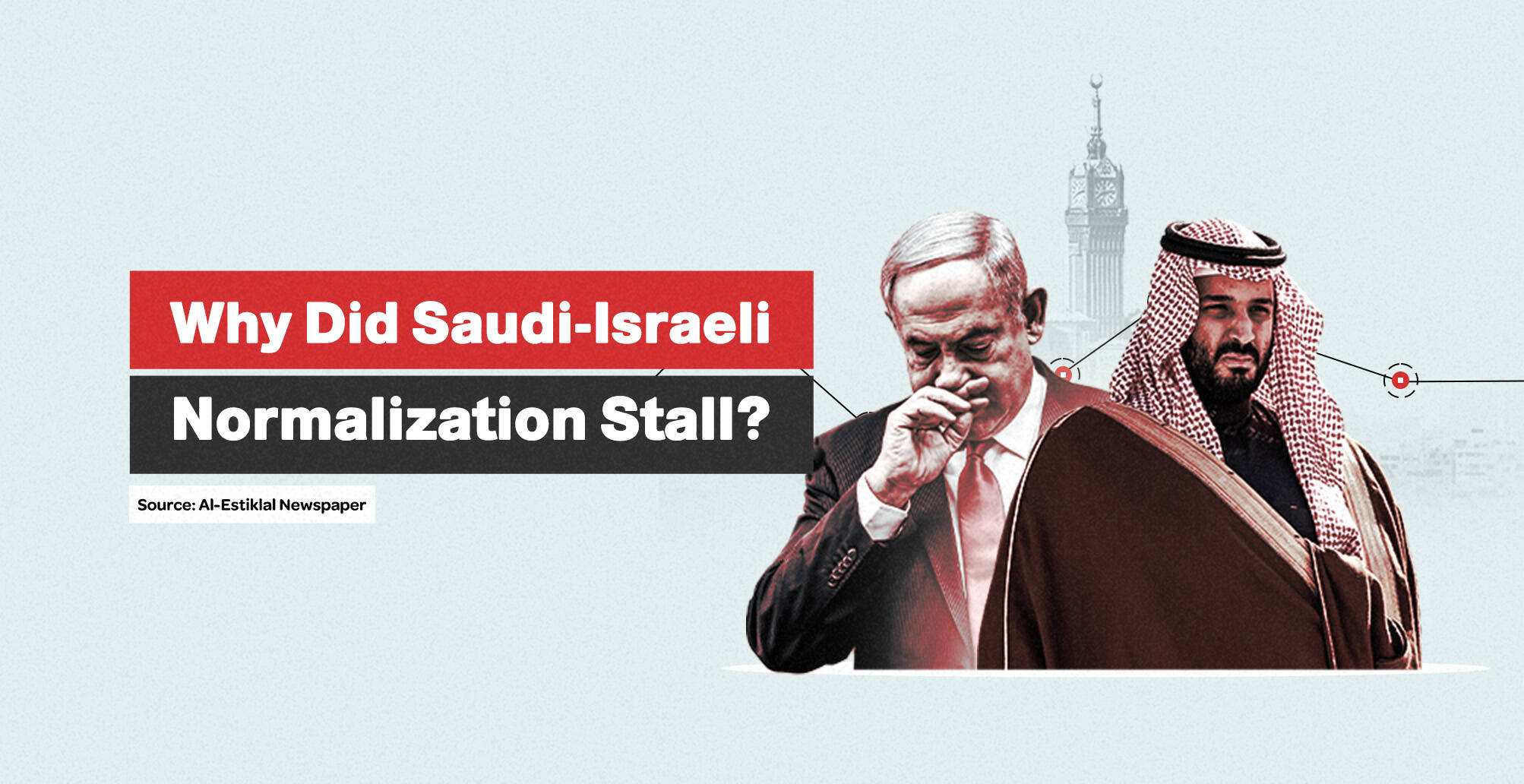'Our Country Is Not for Sale' – Argentines Protest President Just 6 Months After Election

Argentine economy significantly deteriorated after Milei's rise to power.
A mere six months after the far-right liberal Javier Milei was elected President of Argentina on November 20, 2023, the people rose up against him on June 13, 2024.
The Argentine Senate narrowly voted (37 in favor to 36 against) to approve a legislative package empowering the president, dubbed "the madman," to implement harsh austerity measures that deeply impacted the poor, triggering a violent revolution.
The primary reason for the people's revolt was President Milei's initiation of plans to sell state assets to repay the country's debts, akin to Egypt's Abdel Fattah el-Sisi regime, targeting "reforms" on the poor rather than the wealthy, such as pension cuts and transportation fare hikes.
Milei's new plans are seen as privileges for large global companies, especially American and European ones, leading some Argentinians to question his loyalty to the state.
After six months in office, Milei's presidency witnessed a significant deterioration of the Argentine economy, with the poverty rate soaring from 40 to 57 percent, according to official reports.
Milei ascended to power promising to resolve Argentina's worst economic crisis in two decades, yet his relatively novice political party holds only a small minority of seats in Congress, struggling to strike deals with the opposition.
What Unfolded Next?
As Senate members scrutinized and narrowly passed law projects, protesters in downtown Buenos Aires hurled stones and Molotov cocktails at police, who responded with force to disperse massive crowds. Demonstrators set fire to cars doused in gasoline, turning the central square outside Parliament into a smoke-filled battleground, resulting in dozens injured on both sides and a series of arrests, as reported by the Associated Press on June 13, 2024.
Thousands of Argentinians took to the streets, violently clashing with security forces and setting fire to public facilities. During the confrontations between protesters and police over the President's decisions, lawmakers who supported the president's resolutions were also injured by Molotov cocktails and tear gas, according to The Telegraph on June 13, 2024.
The angry protesters initially tried to draw the attention of lawmakers to the need to reject decisions that deepen their poverty and expand the president's powers, but their request to halt sessions was denied, prompting them to begin demonstrating.
They criticized President Milei's efforts to sell Argentina's assets, reduce retirement benefits, weaken labor rights, favor large corporations, expand his authority, and raise taxes. They also objected to implementing International Monetary Fund (INF) conditions for privatizing state-owned enterprises and measures affecting pensions and security, sparking massive protests.
Their anger intensified when President Milei described participants in the protests against him as "terrorists" and praised police violence against them, according to the Associated Press.
President Javier Milei's far-right office praised security forces on X for their "excellent actions" in suppressing what he called "terrorist groups" attempting a "coup." Previously, the Argentine capital witnessed widespread popular protests led by leftist political and union forces, culminating in a nationwide strike that paralyzed movements across the country in mid-March 2024.
Due to the Argentine Minister of Transport repeatedly raising metro and train ticket prices over the past six months, Argentinians stormed these stations and rode for free in defiance of authority.
Disastrous Conditions
Milei and his supporters viewed the Senate's approval by a majority of 37 votes to 36 as an initial legislative victory and a green light to implement his promises of such a radical change. However, approval by the Chamber of Deputies is still required for the same unpopular package.
If finalized, these legislations would grant the president extensive powers in energy, pensions, security, and other areas. They include controversial measures such as generous incentives for foreign investors and tax amnesty for undeclared assets, alongside privatization plans and the sale of state assets, excluding the state oil company.
Among the most contentious laws in the presidential project is the privatization law of public institutions, facing widespread popular opposition, despite the government reducing the number of institutions proposed for allocation and sale from 41 to 27, with the state oil company exempted.
This marks the second attempt by Milei's government to obtain such authorization from parliament, presenting his "state dismantling" project for approval in the Chamber of Deputies in March 2024.

However, Milei was forced to withdraw half of the 664 laws included to ensure their passage, which indeed occurred as 144 members voted in favor compared to 109 who opposed it.
President Milei's government faces strong opposition to its request for powers allowing external borrowing and tightening security measures without parliamentary approval.
Since taking office, Milei has sought to have a free hand in seeking external loans, akin to former President Mauricio Macri, who obtained a $57 billion loan from the IMF in 2018, which Argentina remains unable to repay to this day.
In January 2024, Milei's government announced negotiations with the IMF for a $44 billion loan, committing to achieving fiscal balance this year and reducing spending, including servicing public debt.
The Argentine economy faces a dire situation with inflation reaching about 300%, and the local currency, the peso, losing more than half its value since Milei assumed the presidency. Now, he seeks to implement IMF conditions to secure new loans.
However, on June 13, 2024, The Economist noted that the IMF, which has provided massive loans to Argentina, is delighted with the passage of these laws, which grant investors injecting over $200 million substantial tax benefits.
Uncertain Fate
Despite the legislation approved by the Senate granting the president extensive powers in areas like selling state assets, energy, pensions, security, and appeasing foreign investors, everything remains contingent on the approval of the Chamber of Deputies.
Foreign reports suggest that violent protests against these laws and attacks on deputies who approved them may prompt members of the Chamber of Deputies to hesitate or reject these "reforms" unpopular with the public, fearing street unrest and violence.
“He is the weakest president in institutional terms that Argentina has ever seen,” said Ana Iparraguirre, partner at Washington-based political strategy firm GBAO.
Foreign newspapers have noted that the chief obstacle he faces, which could topple him from power, is the public's rejection of selling the country's assets.
Milei's laws face staunch resistance from labor unions to sell state assets, with diverse groups of people chanting slogans outside parliament like "Our country is not for sale" and "We will defend the state."
What makes the challenge difficult for the new president is his failure to pass any legislation in the first six months of his tenure, and even the latest legislation won by a narrow margin still awaits approval from the Chamber of Deputies, according to The Telegraph.
They fear that his actions will increase the number of poor people because his program offers them nothing, but rather introduces incentives for foreign investors, including lucrative tax exemptions for 30 years, and exempts tariffs on imports of machinery and others.
This is seen by his opponents in Argentine unions as privileges for large global companies, especially American and European ones, which could cause significant harm to the local industry in Argentina.
They also fear that privatization plans for some state-owned companies will lead to the dismissal of thousands of workers and the loss of their jobs, alongside forcing them to pay taxes, raising the percentage of poor people in the country.
Milei's government recently canceled thousands of jobs in the public sector, cut support, and halted social programs, leading to outbreaks of protests.
His critics argue that Milei's harsh austerity program is plunging many into poverty and endangering the country's future.
The Economist reaffirmed on June 13, 2024, that it is unclear how long Milei's unconventional recipe for gaining popularity will remain effective.
Voters are increasingly concerned about worsening stagnation, with a 37% annual decline in construction activity in April 2024 and a 17% drop in industrial production, with economists expecting inflation to rise again.
Milei's "Freedom Progress" party only has a few politicians in both the Senate and the Chamber of Deputies, preventing him from passing any legislation since taking office.
Milei's party represents the minority in parliament with only seven seats out of 72 in the Senate, while it is the third-largest party in the Chamber of Deputies with 38 deputies.
Therefore, the bill needs 37 votes out of a total of 72 legislators in the Senate to secure a majority.
Sources
- In initial win for Argentine President Milei, senators approve his key bills after violent protests
- Argentina: violent protests as senators back austerity measures of President Milei
- Violent protests in Argentina as Milei squeezes through shock therapy reforms
- Javier Milei finally lugs key reforms through Argentina’s Senate










